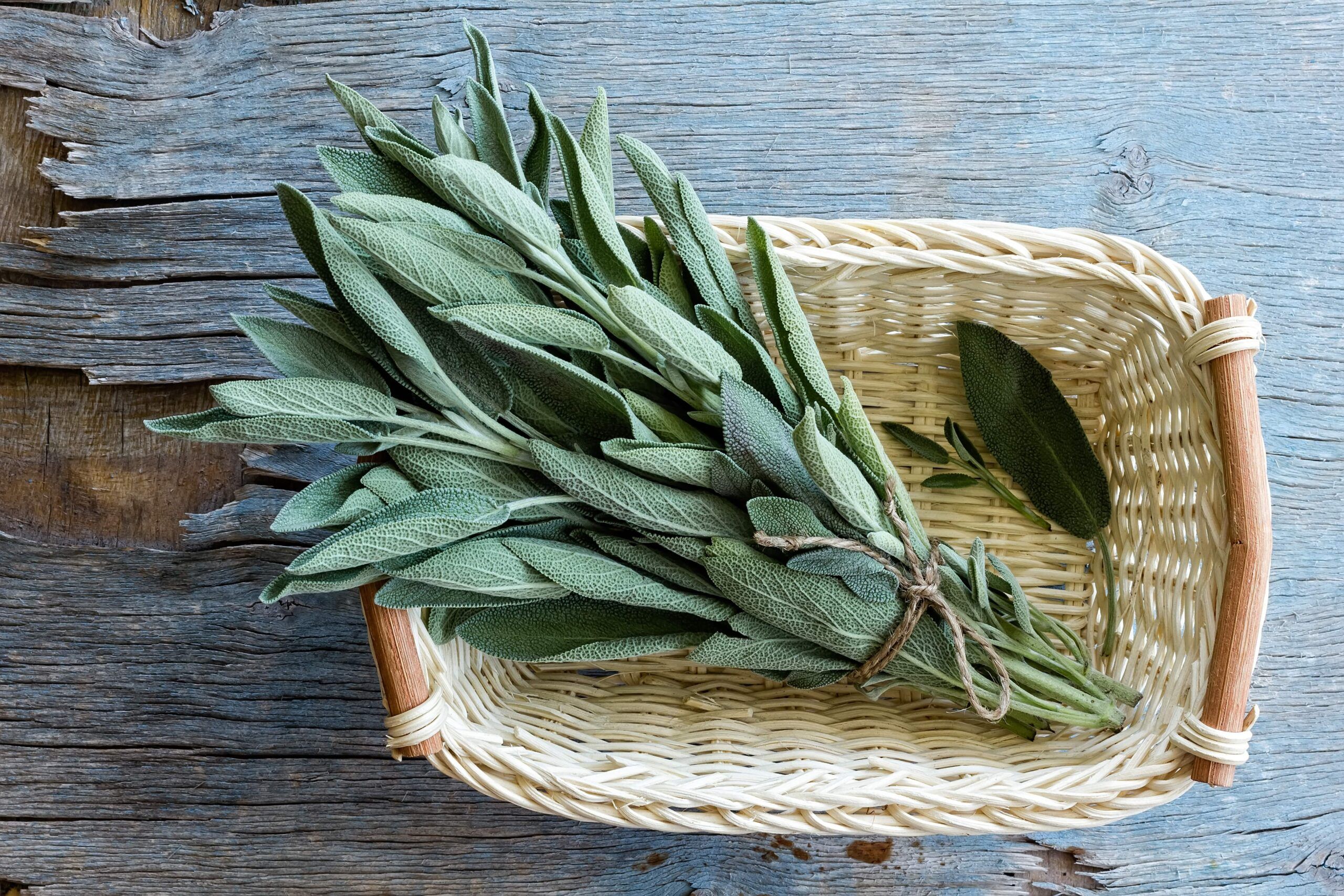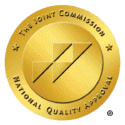
Smoking Salvia: Effects & Dangers
Its effects have been compared to LSD and magic mushrooms – but unlike those drugs, salvia is legal in several U.S. states and many other nations. What is salvia, where did it come from, and (perhaps most important of all) how dangerous is it?
What is Salvia?
Salvia (full name: salvia divinorum) is an herb that can produce dissociative and hallucinogenic effects. These effects are due to the naturally occurring presence of salvinorin A, a compound that interacts with opioid receptors in the central nervous system.
Salvia is native to southern Mexico, where the Mazatec have been incorporating it into healing practices and religious rituals for centuries. More recently, it has experienced a rise in popularity as a recreational substance in the United States.
Historically, salvia was typically ingested by chewing its leaves or drinking an extract that was derived from the plant. Today, some people also grind the leaves and smoke them.
Why Do People Smoke Salvia?
People who smoke salvia typically do so with the intention of having a recreational hallucinogenic experience.
As for why someone might choose to smoke salvia instead of using other hallucinogenic drugs (such as LSD or psilocybin), the plant’s legal status in the U.S. is likely an important factor. The ease with which salvia can be purchased from smoke shops and similar outlets in some states has surely contributed to its popularity.
There are currently no federal laws to regulate the production, sale, possession, or use of salvia. However, as of the writing of this post, 29 states plus the U.S. territory of Guam have banned it, and some other states have placed some restrictions on its possession and use.
To some people, salvia’s legality in many parts of the U.S. (and in many other countries throughout the world) indicates that it poses little risk of addiction or other harmful effects. Is this an accurate perception, though? Can people become addicted to salvia?
As is the case with LSD, psilocybin, and other hallucinogenic drugs, the likelihood of becoming addicted to salvia is low. However, as we will discuss a bit later in this post, this doesn’t mean that salvia is a harmless substance.
What Are the Effects?
Descriptions of salvia’s effects usually include words like psychedelic, hallucinogenic, and dissociative. Some people who use the drug have enjoyable, insightful experiences. For others, the effects are far from pleasurable.
Depending on a variety of factors – including a person’s history with the drug; their age, weight, and metabolism; and how much they have taken – here are some examples of what salvia’s effects can feel like:
- Distorted sense of time and space
- Seeing light patterns and other images
- Hearing voices and other sounds
- Feeling of deep sedation and serenity
- Dreamlike state
- Depersonalization (sense of being detached from your body and/or mind, which is sometimes described as having an out-of-body experience)
- Derealization (sense that you have been separated from your environment or lost contact with reality)
- Difficulty communicating with others
- Disturbing hallucinations
- Confusion and disorientation
- Anxiety and agitation
- Fear and paranoia
- Dizziness
- Nausea
If a person smokes salvia, these effects can occur virtually instantaneously, and last for about 20 minutes. If someone chew the leaves, it usually takes about five to 10 minutes for effects to occur, though they can last for up to two hours.
Experts believe that salvia’s effects are related to the drug’s impact on the default mode network (DMN). The DMN, which encompasses several areas of the brain, activates when you are not focusing on your immediate environment. When you are relaxing, daydreaming, reminiscing, or similarly looking inward, the DMN is typically at its most active.
However, an October 2020 study that involved functional magnetic resonance imaging (fMRI) suggests that other factors may also be at play.
“Salvinorin A is unique as a kappa-opioid agonist that has psychedelic-like effects, and this calls into question whether reduced default mode network connectivity is really a specific mechanism of ‘classic’ psychedelic drugs,” neuroscientist Fred Barrett, who coauthored the study, said in an article about his team’s research.
Dangers of Smoking Salvia
Although salvia poses a low risk of addiction, it is important to remember that low risk is not the same as no risk. In other words, while salvia addiction is unlikely, it is not impossible.
Also, people who use this drug may be exposing themselves to other types of damage. For example:
- A bad experience with salvia can feel a lot like a psychotic episode. Some experts fear that having one or more so-called bad trips could trigger the onset of long-term mental health problems or worsen the effects of existing mental health challenges.
- The perceptual distortions that are central to a salvia high can lead to injuries due to slips, falls, and other accidents. While under the influence of this substance, a person may also be vulnerable to attacks, assaults, and other forms of victimization.
- Due to a relative dearth of studies on the long-term effects of salvia, it is impossible to know for certain what types of physical and psychological problems a person may incur after using this drug.
If you feel compelled to use salvia or any other substance, you may need professional addiction treatment. The good news about substance use disorders (addictions) is that they are treatable. When you find the right type of care, you can end your drug use and live a much healthier life in recovery.
Overcome Drug Abuse at Sanctuary Treatment Center
Sanctuary Treatment Center offers a full continuum of care – including detox, residential rehab, and multiple outpatient options – for adults who have become dependent on salvia and other substances.
At our addiction treatment center in Los Angeles, you will work with experienced professionals who can assess the full scope of your needs and develop a customized plan just for you. We understand how addiction affects people differently, and we commit to providing personalized services that help you build a foundation for lifelong recovery.
To learn more about how we can help, please visit our Contact Us page or call us today.


